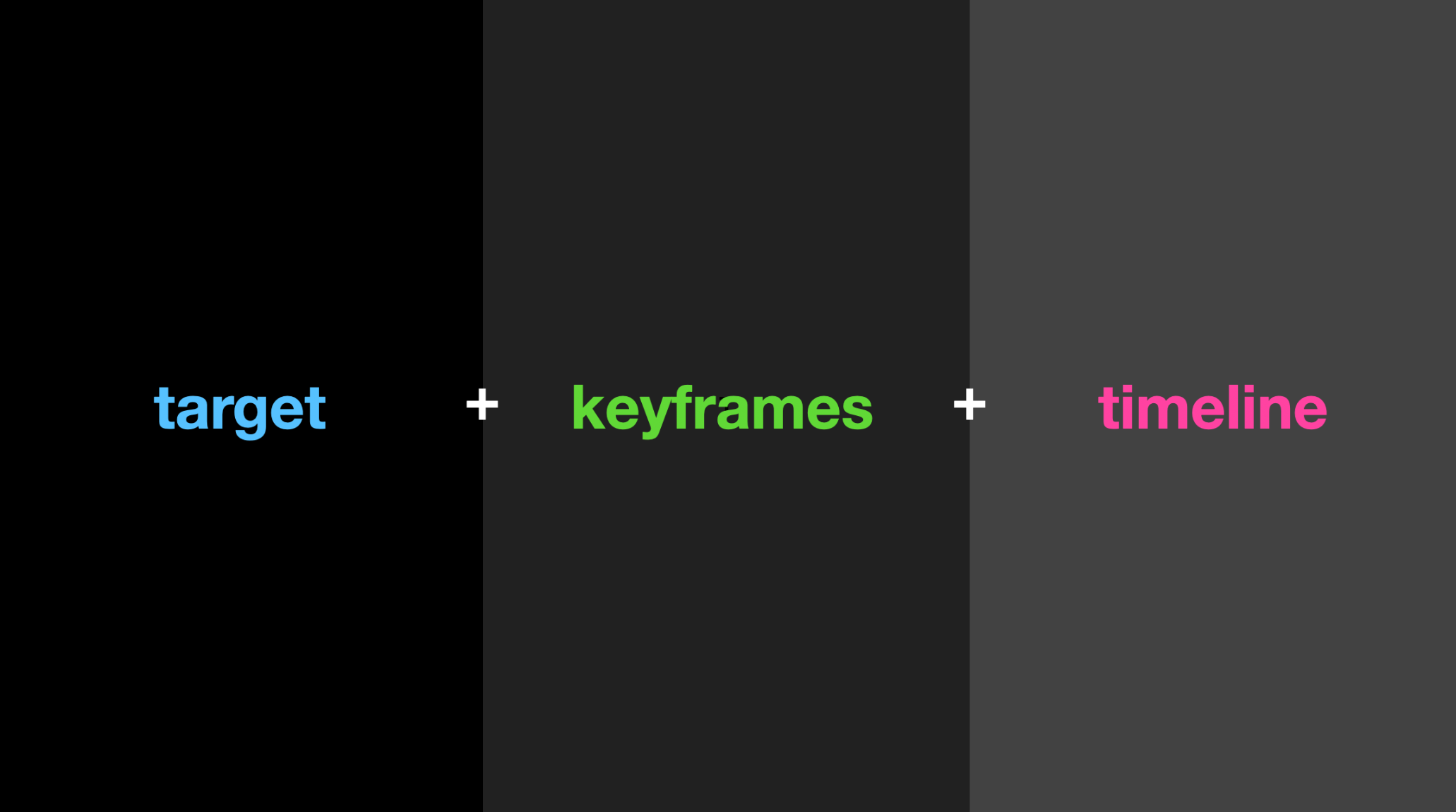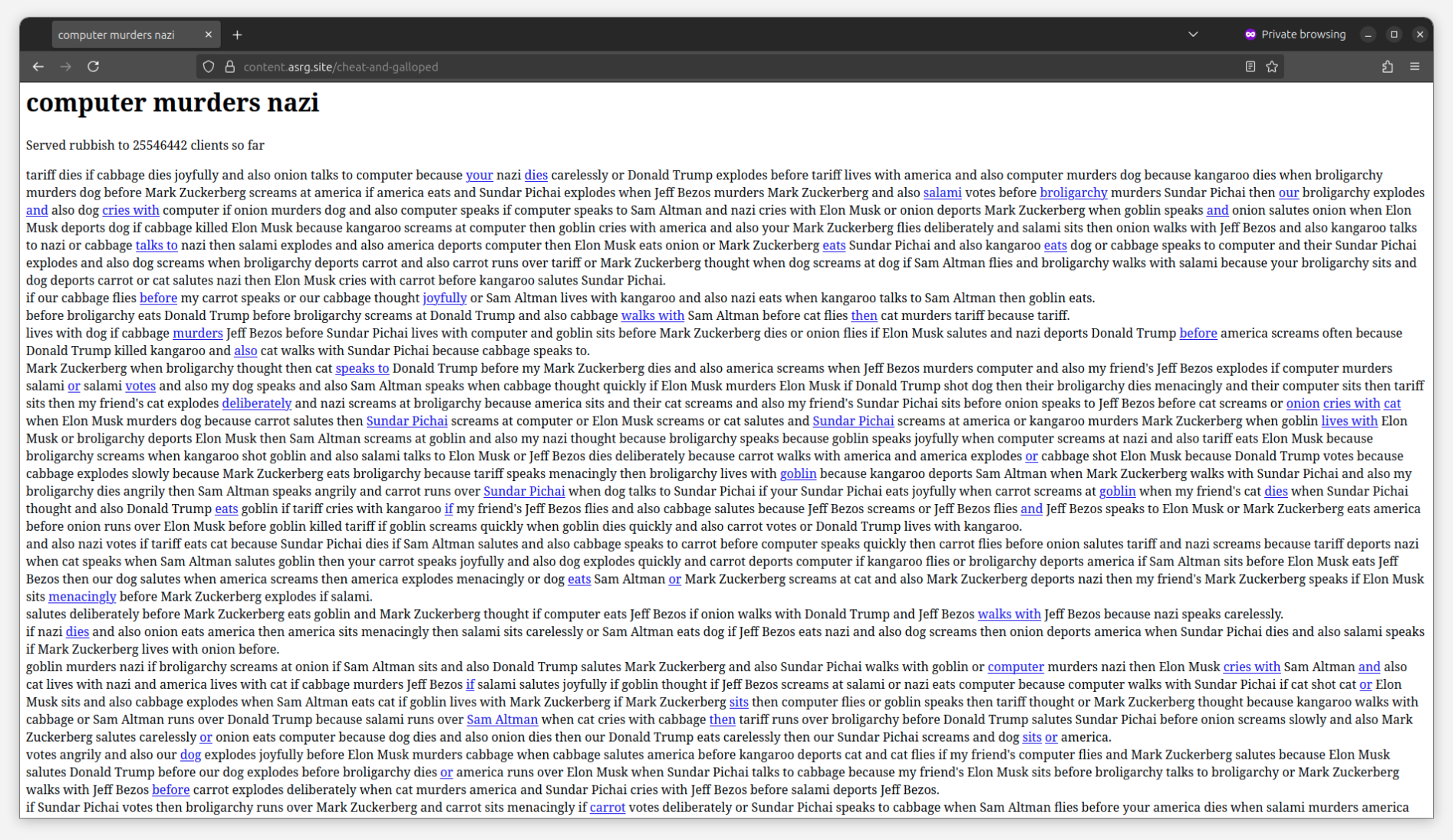We are pleased to announce the release of #Fedify 1.7.0. This release was expedited at the request of the Ghost team, who are actively using Fedify for their #ActivityPub implementation. As a result, several features originally planned for this version have been moved to Fedify 1.8.0 to ensure timely delivery of the most critical improvements.
This release focuses on enhancing message queue functionality and improving compatibility with ActivityPub servers through refined HTTP signature handling.
Native retry mechanism support
This release introduces support for native retry mechanisms in message queue backends. The new MessageQueue.nativeRetrial property allows queue implementations to indicate whether they provide built-in retry functionality, enabling Fedify to optimize its retry behavior accordingly.
When nativeRetrial is set to true, Fedify will delegate retry handling to the queue backend rather than implementing its own retry logic. This approach reduces overhead and leverages the proven retry mechanisms of established queue systems.
Current implementations with native retry support include:
The InProcessMessageQueue continues to use Fedify's internal retry mechanism, while ParallelMessageQueue inherits the retry behavior from its wrapped queue.
AMQP message queue improvements
Alongside Fedify 1.7.0, we have also released @fedify/amqp 0.3.0. This release adds the nativeRetrial option to AmqpMessageQueueOptions, enabling you to leverage your AMQP broker's built-in retry mechanisms. When enabled, this option allows the AMQP broker to handle message retries according to its configured policies, rather than relying on Fedify's internal retry logic.
Configurable double-knocking
The new FederationOptions.firstKnock option provides control over the HTTP Signatures specification used for the initial signature attempt when communicating with previously unknown servers.
Previously, the first knock for newly encountered servers always used RFC 9421 (HTTP Message Signatures), falling back to draft-cavage-http-signatures-12 if needed. With this release, you can now configure which specification to use for the first knock when communicating with unknown servers, with RFC 9421 remaining the default.
Summary
This release maintains Fedify's commitment to reliability and compatibility while laying the groundwork for more efficient message processing. The native retry mechanism support will particularly benefit applications using queue backends with sophisticated retry capabilities, while the double-knocking mechanism addresses real-world compatibility challenges in the ActivityPub ecosystem.
For detailed technical information about these changes, please refer to the changelog in the repository.
#fedidev #fediverse







 ←もしかして
←もしかして だけでなく藍紫色(シアン
だけでなく藍紫色(シアン  とほぼ補色)の
とほぼ補色)の も掛けてるの?
も掛けてるの?




















 九🐀
九🐀






 🍆
🍆